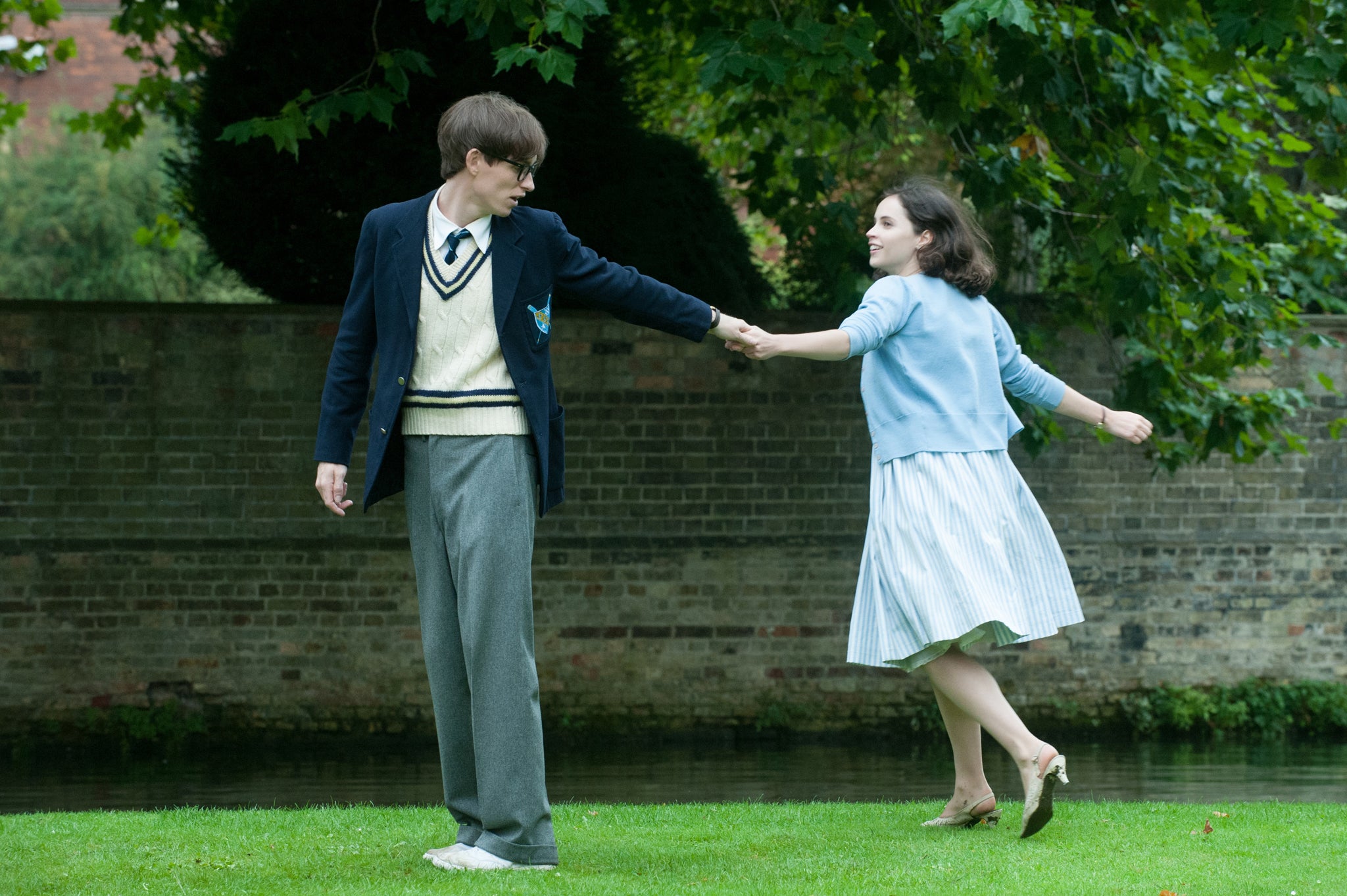Movies don’t have to reflect our lives, Mr Bryant
Labour’s culture spokesman is right to want diversity but wrong to blame the films


The shadow Culture Secretary, Chris Bryant, is at it again. Having recently criticised the prevailing ‘poshness’ of some of our top performers, he is now taking a swipe at their prevailing whiteness. On this he is largely correct.
The Baftas, he noted, failed to honour a single black actor or director; and in the audience for the awards ceremony at the Royal Opera House he noticed only a handful of black faces. It’s hard to take issue with Mr Bryant’s substantive point here. The film industry does lack diversity both on and off screen. And the Baftas, both in its award recipients and in the complexion of its VIP audience, reflected this. Labour's arts spokesman was right to raise it.
The trouble is, he then went on to make an observation, which does have me reaching for my gun. He said: “Commissioners need to search further than the leafy realms of Midsomer and 1950s Oxford and Cambridge for their settings...Black people pay their licence fee and their taxes too. They too should be able to expect that British films, TV and plays and British television reflect their lives.”
It is this assumption — and this goes well beyond arguments over race — that viewers cannot relate to films TV and plays that don’t “reflect their lives” that is increasingly common and to my mind quite untrue. For a start, a film like The Theory of Everything, which presumably was in Mr Bryant’s mind when he made his comments about the Baftas, is about much more than Cambridge in the fifties (or sixties in fact). It is about love, coping with dreadful adversity, achievement and domestic trauma. Quite a few lives will be reflected in that.
And, if we’re honest, how many great films reflect our lives? Do you have to have lived through the Russian revolution to connect with Dr Zhivago, or be a super-rich New York moneyman to enjoy The Wolf of Wall Street?
‘Reflect their lives’ has taken over from that dreaded word ‘relevance’ in cultural discourse as a criterion for good art. But it is a criterion that limits what art should be doing. Similar arguments about relevance and reflecting lives are trotted out each year when the Proms programme is announced. Ethnic minorities don’t come because the prevalence of European composers excludes them, it is claimed with monotonous regularity. I find such an attitude appallingly patronising. As if Beethoven and Tchaikowsky can only be enjoyed by a certain demographic.
And that’s the problem with these grand statements about a need for films that reflect the lives of different demographics. Well-intended arguments can end up being patronising. Great stories and great art do not have to reflect people’s actual lives. They have to move, thrill, amuse and entertain. They have to portray truth and emotions, rather than circumstances. Chris Bryant is so right to demand more diversity in the arts. But it is a dangerous step to move from that to assuming that as audiences we are not all alike in being able to appreciate art, and able to find in it truths that affect each one of us.
http://www.independent.co.uk/voices/comment/baftas-2015-britain-is-diverse-so-why-is-our-tv-and-film-so-overwhelmingly-white-10034762.html
The Bafta for bad scheduling goes to — Bafta
On the subject of the Baftas, it’s remarkable that two of the big winners at the ceremony last Sunday, Richard Linklater, director of Boyhood, and Wes Anderson, director of The Grand Budapest Hotel, were not there. It was remarkable, because the two directors weren’t on location – they were at a film awards ceremony. The Baftas clashed with the Directors Guild of America awards, traditionally seen as a predictor of the Oscars. It seems pretty daft that two of the biggest international awards ceremonies for film are on the same night. Have they never heard of a clash diary?
A strange use of a Kinks classic
Sunny Afternoon, the Kinks musical on in London’s West End, is a rare example of a rock musical being ‘cool’. If any band can achieve that, The Kinks and its singer-songwriter Ray Davies can. So I was surprised to turn on the TV and hear one of my favourite Kinks’ songs "Victoria" being played while the image on screen was of a toilet. It turned out that this was an advert for Victoria Plumb, a bathroom retailing company. Perhaps the economics of selling the song in the cause of bathroom retailing – whoever did the actual selling — was persuasive, but it dents the band’s coolness factor a little, I feel.
d.lister@independent.co.uk
twitter.com/davidlister1

Join our commenting forum
Join thought-provoking conversations, follow other Independent readers and see their replies